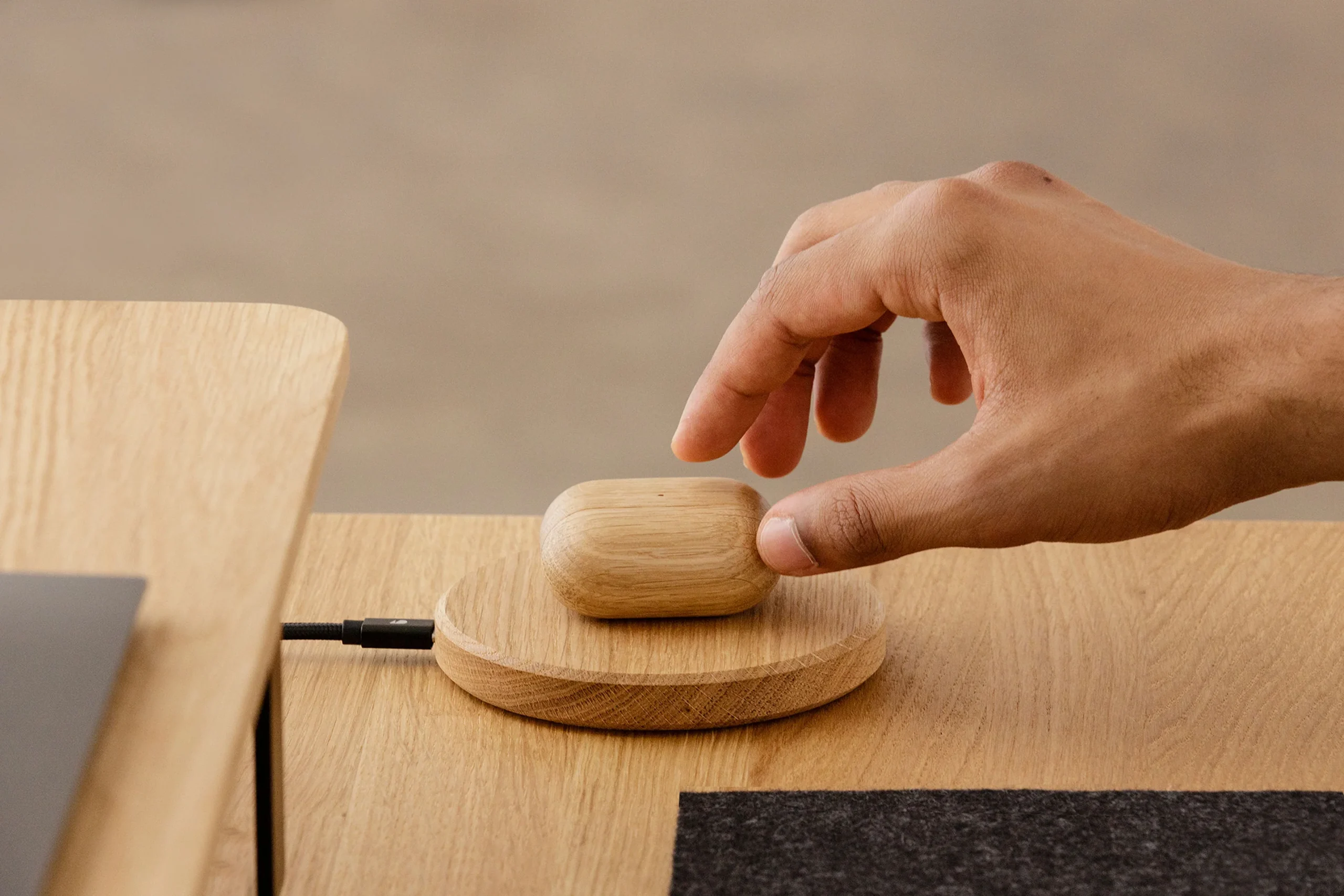Posting bail can be a stressful and costly experience, especially when you’re trying to secure the release of a loved one quickly. One of the most common questions people ask is, “When do I get my bail money back?” The answer depends on how the bail was paid, the outcome of the case, and whether the defendant met all court obligations.
Here’s a breakdown of when and how you might get your bail money back, and when you might not.
-
Table of Contents
ToggleIf You Paid the Full Bail Amount Directly to the Court
When you pay the full bail amount to the court, also known as a cash bond, you are essentially putting up money as a guarantee that the defendant will return for all court appearances. If the defendant complies with all court requirements and appears for every scheduled hearing, the full bail amount will typically be returned once the case is resolved, regardless of whether they are found guilty or innocent.
However, courts often deduct administrative fees or any fines and court costs from the returned amount. The refund process usually takes a few weeks to a few months, depending on the court’s timeline and processing system.
2. If You Used a Bail Bond Company
If you used a bail bondsman, you likely paid a non-refundable fee, usually 10% of the total bail amount. This is the bondsman’s payment for taking on the risk of the full bail. Even if the defendant shows up for all court dates and the case ends without complications, you do not get that 10% fee back, it is the cost of the service.
The bail bond company gets their money back from the court once the case concludes, assuming the defendant met all requirements. But you, the co-signer, only get a refund if you put up additional collateral and that collateral is no longer needed.
3. If the Defendant Misses Court
If the defendant fails to appear in court, the consequences can be serious. In the case of a cash bond, you may forfeit the entire bail amount. The court keeps the money, and a warrant is issued for the defendant’s arrest.
If you use a bail bond company, the company may lose their money to the court unless the defendant is returned quickly. As the co-signer, you could be held responsible for paying the full bail amount or losing any collateral you provided.
4. Case Dismissed or Charges Dropped
Even if a case is dismissed or charges are dropped, you are still eligible to receive your bail money back, assuming all court appearances were made. The return is not dependent on guilt or innocence but on compliance with the court process.
Conclusion: Know the Terms Before You Pay
Getting bail money back depends on how it was paid and whether the defendant follows through with court obligations. If you paid a cash bond and all goes well, you’ll likely receive most of it back. If you worked with a bail bond agent, the fee is non-refundable. Understanding the process before posting bail can save you money, and stress, down the road.



